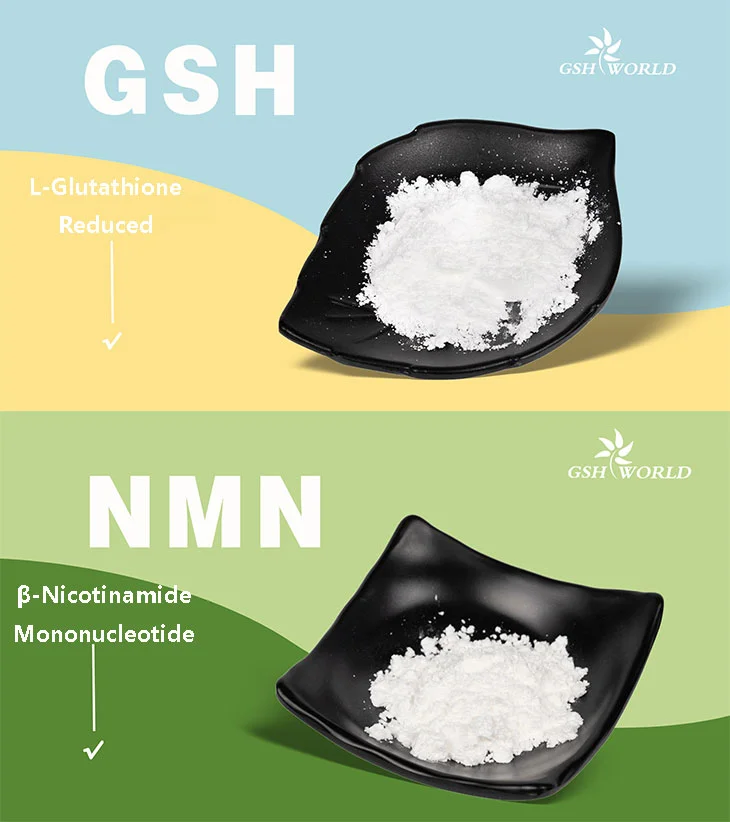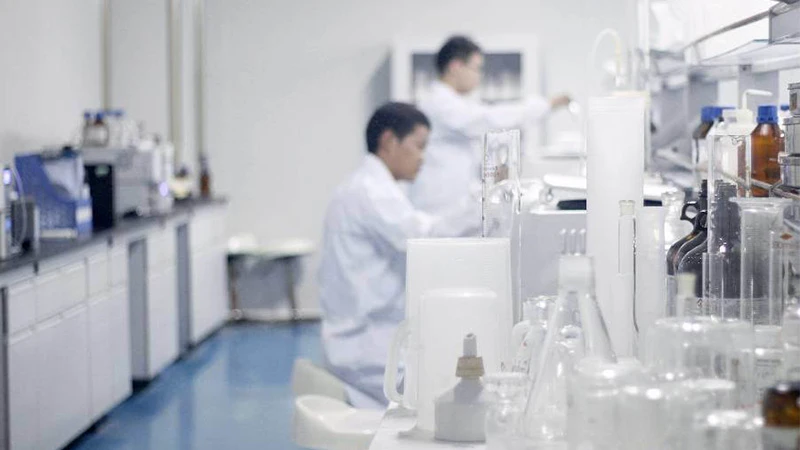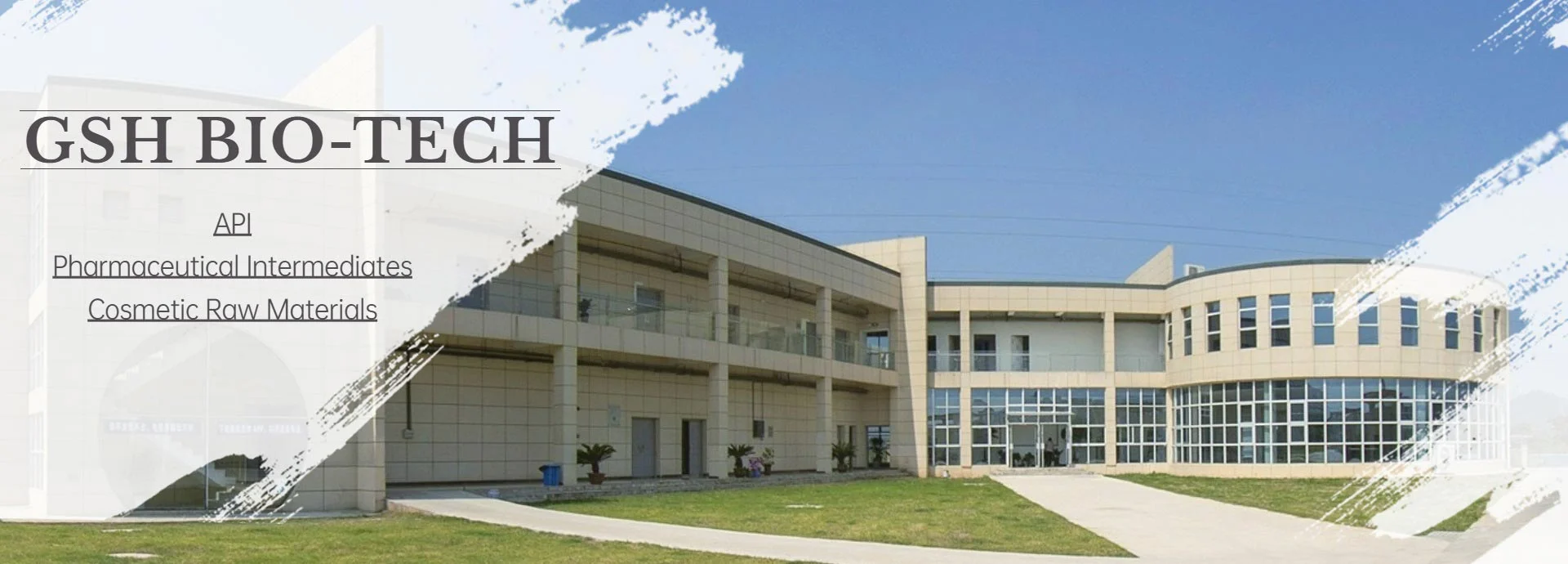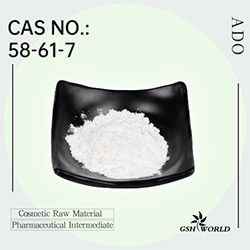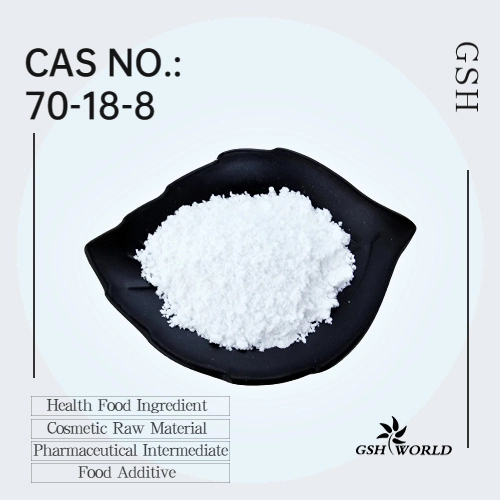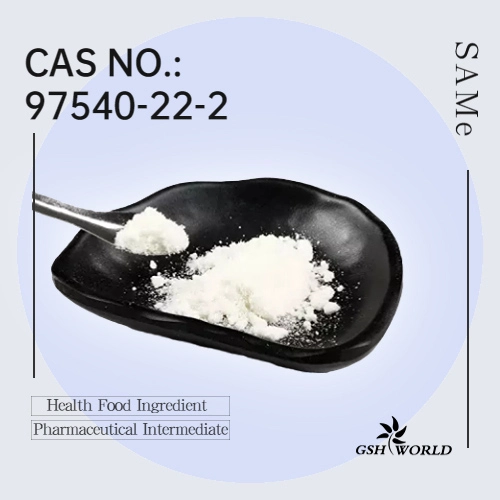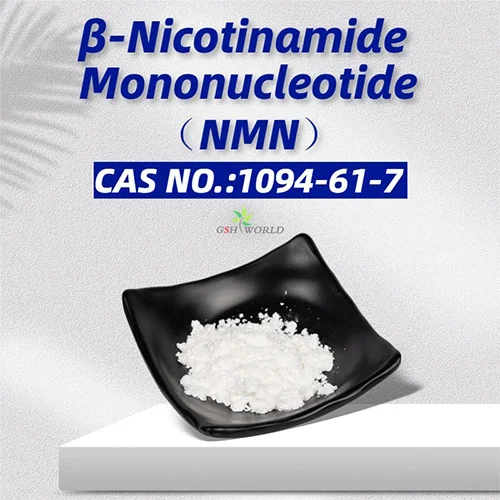Adenosine—the versatile
Adenosine is a type of nucleoside, each consisting of a part of ribose and adenine, linked by a β-N9-glycoside bond in the middle. Adenosine plays important roles in biochemistry, including energy transfer as adenosine triphosphate (ATP) or adenosine diphosphate (ADP), or signaling as cyclic adenosine monophosphate (cAMP). Adenosine is also an inhibitory neurotransmitter that may promote sleep.

The clinical use of adenosine dates back many years. In 1927, Drury and Szent-Gyorgyi of the University of Cambridge, UK, conducted an experiment in which they injected an extract of heart tissue intravenously into whole animals. They were surprised to note to transient disturbances in heart and slowing of heart rate. After several purification steps, they identified the extract as an "adenine compound." From today's point of view, the induced slowing of heart rate is likely due to the pharmacological activity of adenosine.
Adenosine belongs to the molecular group of nucleosides and consists of an adenine group attached to a ribose sugar. From the early discovery of the heart rate-lowering effects of these "adenine compounds" to the clinical use of adenosine in the treatment of patients with supraventricular tachycardia, intravenous adenosine has been the mainstay of the diagnosis or treatment of patients with supraventricular ar ias since the 1980s. form of clinical treatment. In fact, intravenous adenosine is one of the most commonly used antiar ic drugs in clinical practice in anesthesiology, including in the treatment of supraventricular tachycardia in many perioperative settings, such as cardiothoracic anesthesia, intensive care drugs, or obstetric anesthesia. In addition, adenosine-induced transient cardiac arrest is often used to aid in accurate deployment of vascular stent-grafts in major vessels.
Adenosine is an FDA-approved first-line drug for the conversion of paroxysmal supraventricular tachycardia (PSVT).
Adenosine Injection (Aiwen/Aiduo)
For the treatment of paroxysmal supraventricular tachycardia.
Adenosine does not convert atrial flutter, atrial fibrillation, or ventricular tachycardia to sinus , but slowing of atrioventricular conduction helps diagnose atrial activity.
Experimental studies have shown that adenosine has anti-inflammatory effects, can effectively regulate capillary blood circulation, reduce skin puffiness in time, replenish nutrients and moisture, prevent and trim fine lines and fine lines, and can be used as a skin conditioner in cosmetics. Adenosine was included in the "Catalogue of Approved Cosmetic Raw Materials Names (First Batch)" published by the State Food and Drug Administration in February 2013, and stipulated that the maximum usage amount is 0.1%. Many cosmetic products on the market contain adenosine as a skin conditioning agent.
Pharmacological studies have shown that adenosine has both apoptosis-inducing and cytoprotective effects, but the concentration of cytoprotective effect is much lower than that of inducing apoptosis. Therefore, strictly controlling the content of adenosine in cosmetics is of great significance to correctly exert its skin conditioning effect in cosmetics.
*Special note - This article is for informational purposes only and cannot replace a doctor's treatment diagnosis and advice. It should not be regarded as a recommendation or proof of efficacy of the medical products involved. If it involves disease diagnosis, treatment, and rehabilitation, please be sure to go to a professional medical institution to seek professional advice.
PREVIOUS: S-Acetyl-L-Glutathione (SAG)
NEXT: NMN has a positive effect in a collagenase-induced intracerebral hemorrhage model
by GSHWORLD
GSHWORLD is China Biological API Manufacturer. China Adenosine Supplements powder suppliers & best Adenosine benefits raw material Factory.


